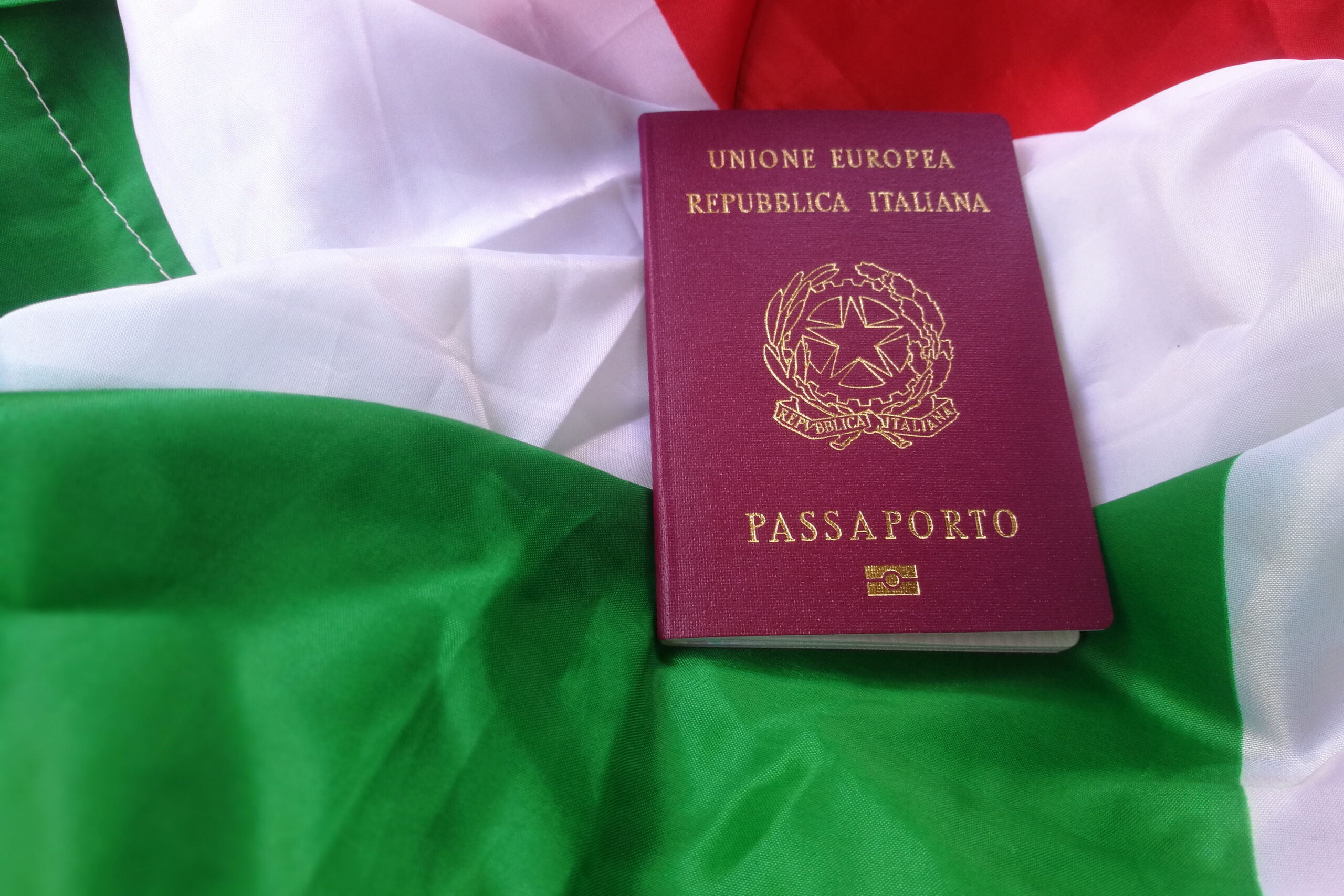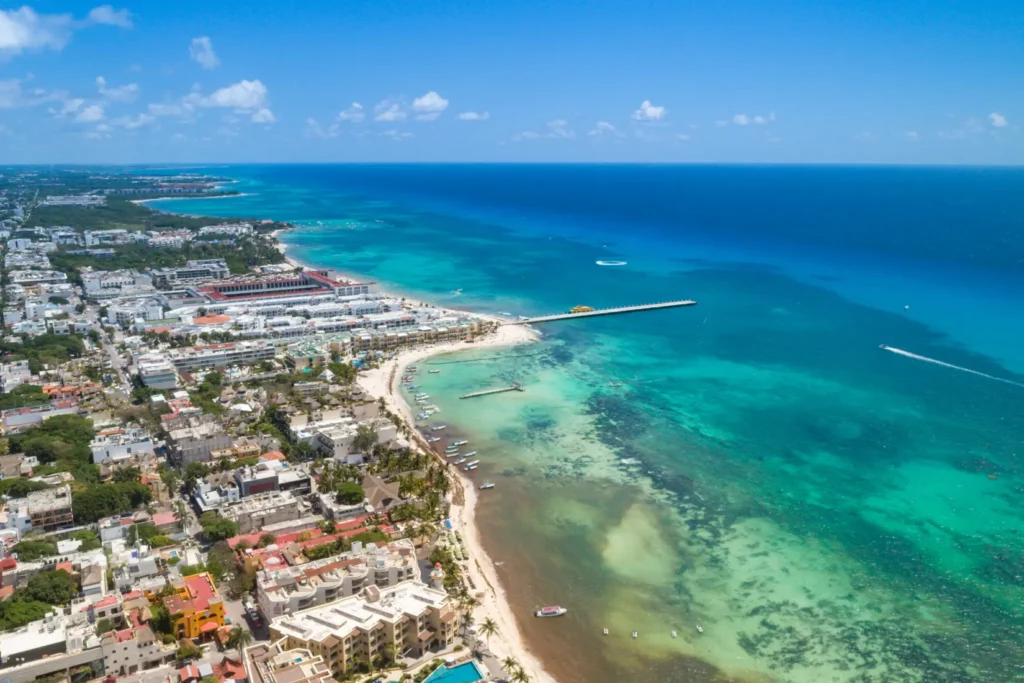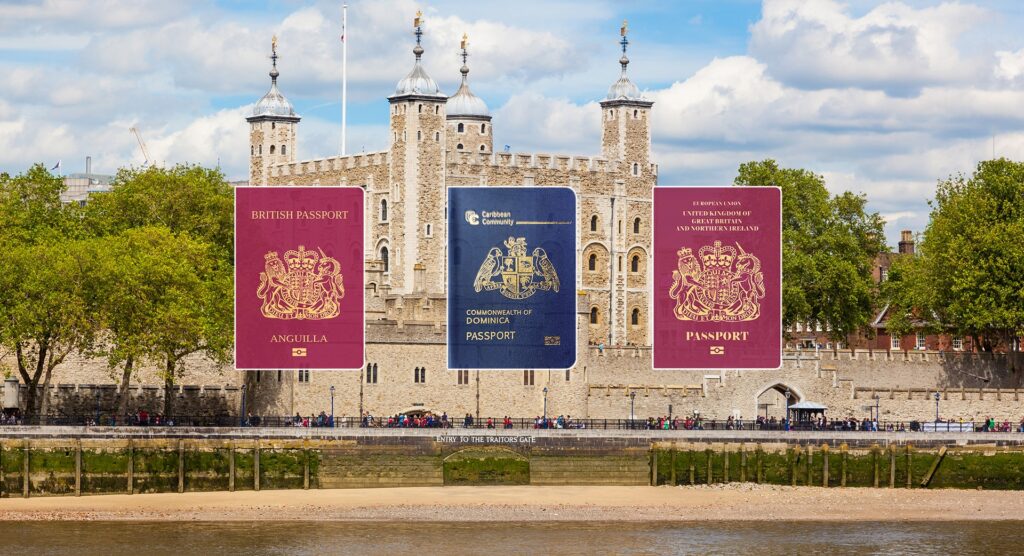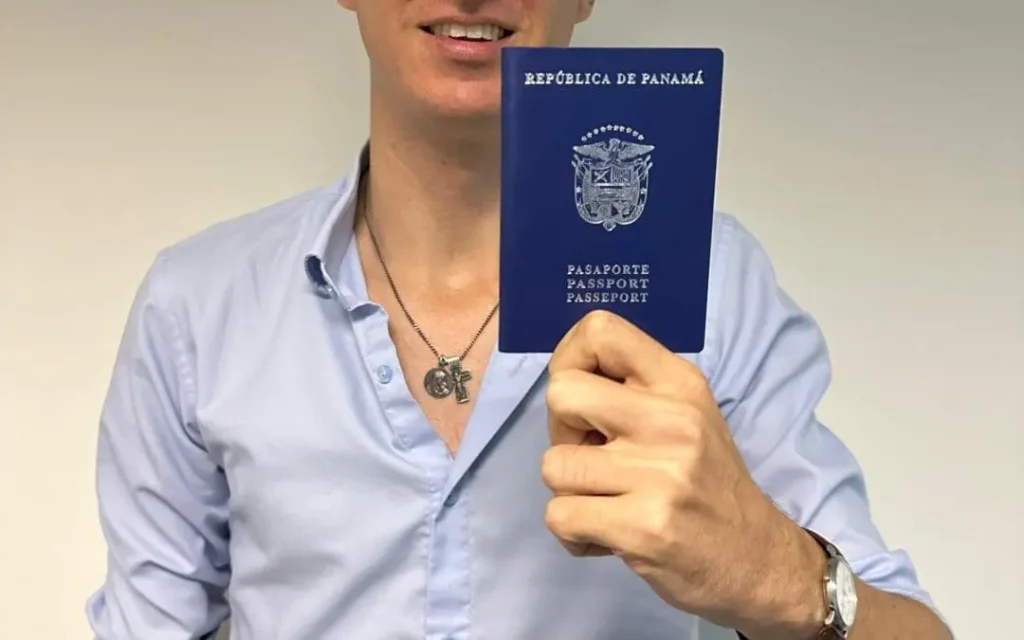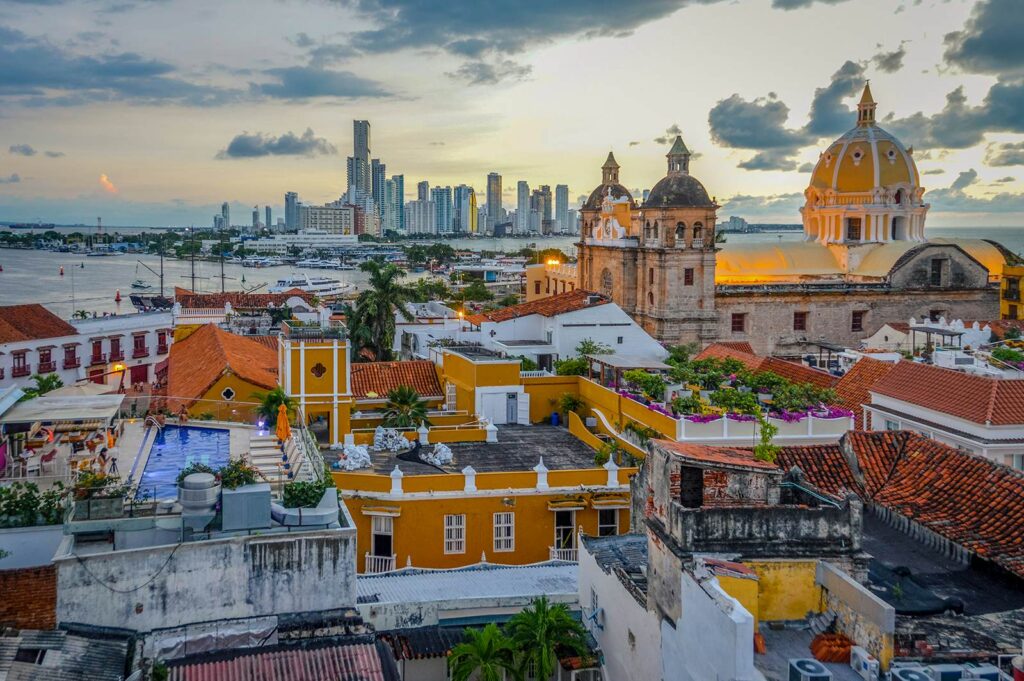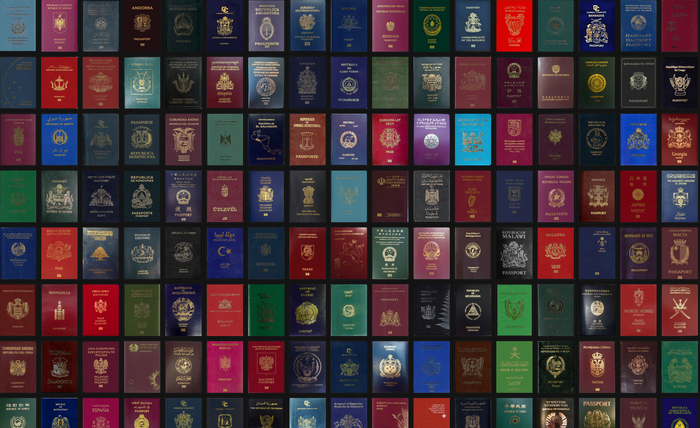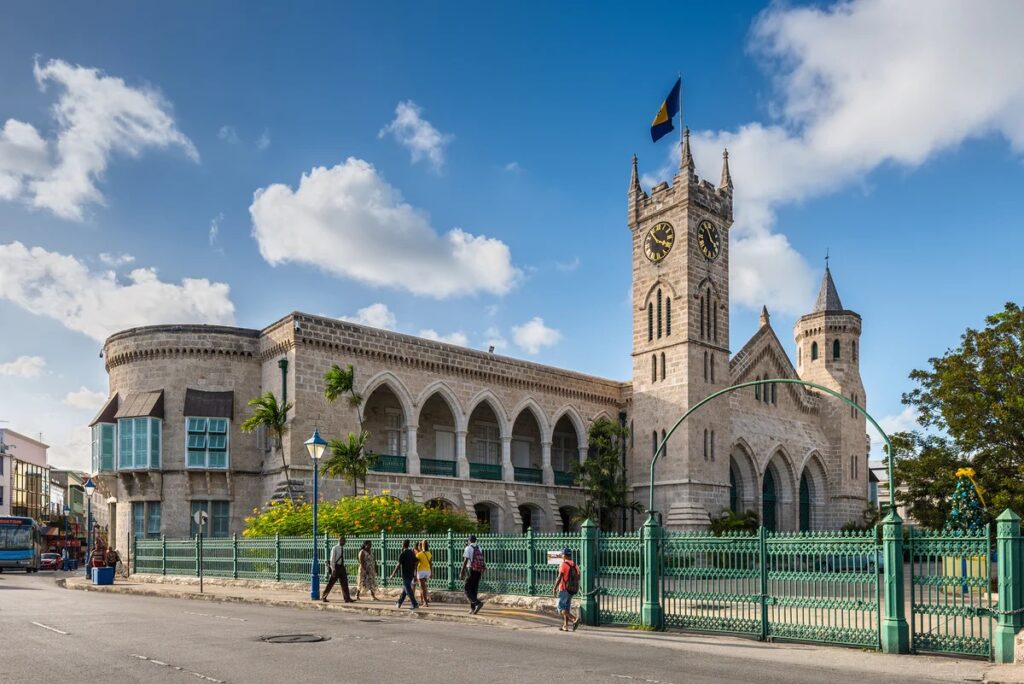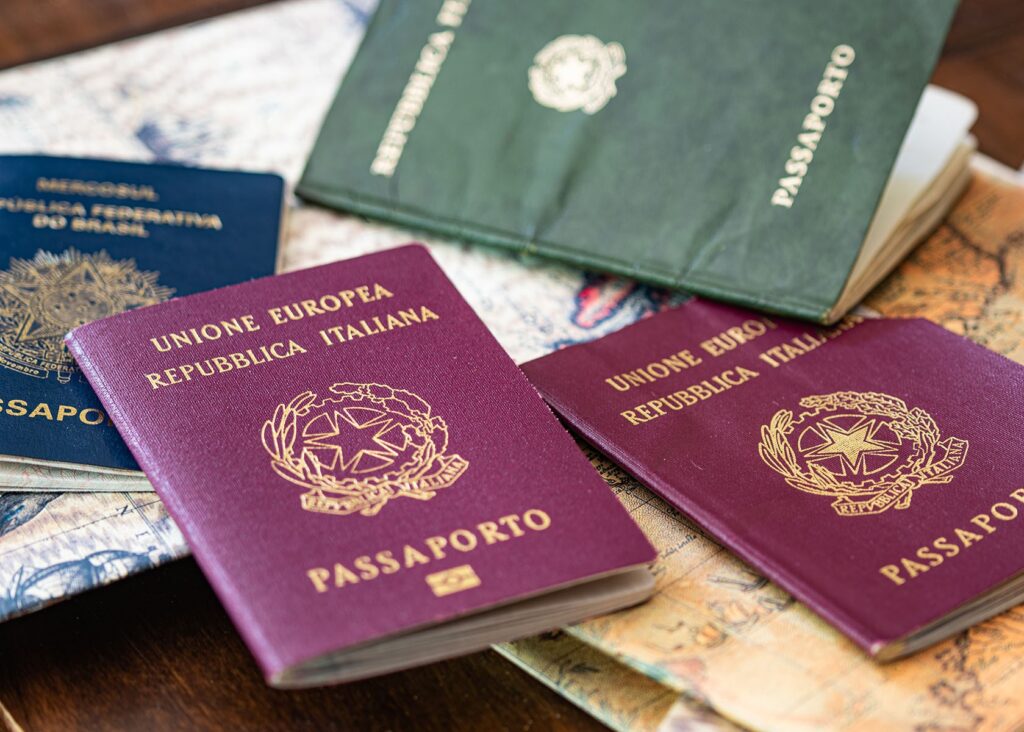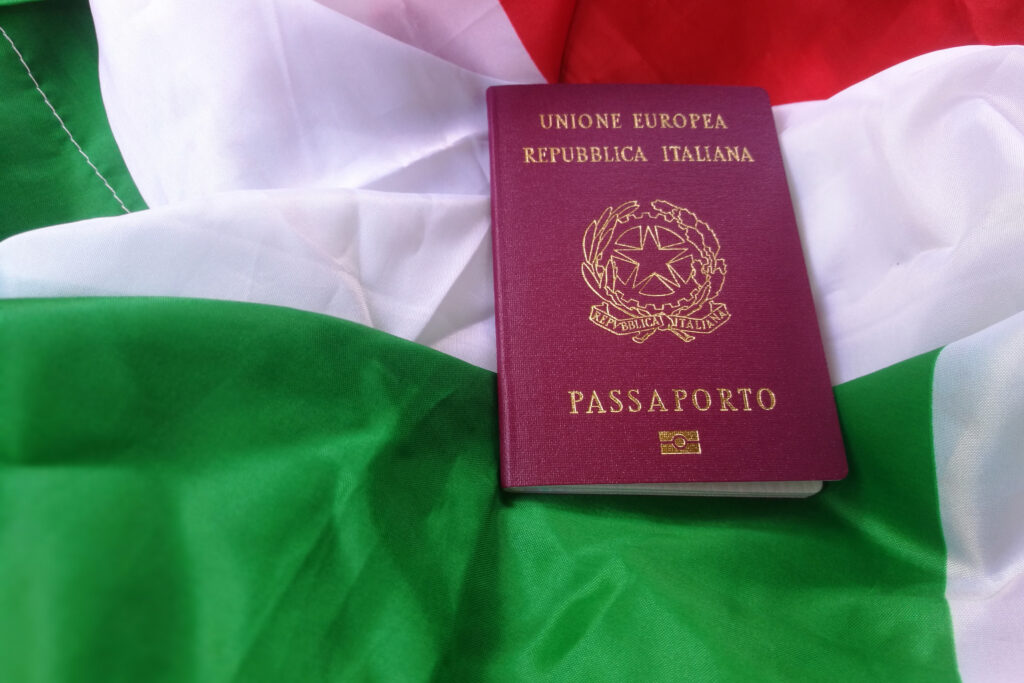Overview
Navigating the complexities of Citizenship by Investment programs opens opportunities for individuals seeking to expand their global footprint. This is not just possible citizenship by investment but also by leveraging their ancestral roots. For many, the journey to citizenship can also be traced through lineage, as seen in acquiring citizenship by descent. This method is particularly poignant for those of Italian heritage with Portuguese or Italian citizenship by descent. Canada offers a pathway for Canadians of Italian descent to reclaim their ancestral roots and enjoy the benefits of dual citizenship. Similarly, the process of Italian lineage citizenship underscores a broader trend where individuals around the globe leverage their heritage to gain citizenship in countries with favourable laws for descent-based claims.
Whether you’re pursuing Italian citizenship by descent in Canada or exploring other descent-based citizenship avenues, the key to success is a thorough understanding of the relevant legal frameworks and the documentation required to substantiate your claim. As the world becomes increasingly interconnected, the ability to claim citizenship by investment or descent not only enhances personal and professional mobility but also enriches one’s cultural and familial ties, offering a tangible link to one’s heritage and opening up a world of possibilities in terms of travel, work, and lifestyle.
What is Citizenship by Descent?

Obtaining citizenship through your family lineage might sound complex, but it’s a pathway paved by many countries worldwide, each with unique criteria and advantages. Whether you’re exploring Italian citizenship by descent, Polish citizenship by descent, or UK citizenship by descent, understanding the fundamentals is the first step on your journey.
Definition
Citizenship by descent, often referred to as “jus sanguinis,” literally “right of blood,” is a principle whereby you can claim citizenship of a country if one or more of your parents, grandparents, or sometimes even great-grandparents were citizens of that nation. Unlike jus soli, or “right of the soil,” which grants citizenship based on the country of birth, citizenship by descent is firmly rooted in your family’s history.
This form of citizenship can be particularly appealing for those looking to reconnect with their ancestral roots, gain the right to live, work, and study in another country, or pass on multiple citizenships to their children. Countries like Italy, Poland, and the UK recognise this right under certain conditions, making it possible for descendants to reclaim a part of their heritage that may have been lost over generations.
Eligibility Criteria
Understanding the eligibility criteria for claiming citizenship by descent is crucial as regulations vary significantly from country to country. For instance:
- Italian Citizenship by Descent: Italy allows individuals to claim Italian citizenship if they can prove an unbroken line of Italian blood from an ancestor who was alive after March 17, 1861, the date of Italian unification, and who did not naturalize as a citizen of another country before their child’s birth.
- Polish Citizenship by Descent: Poland offers citizenship to those who can demonstrate their ancestor was a Polish citizen and did not renounce their citizenship before the descendant was born. Due to complexities in Polish law, especially concerning historical changes in country borders and laws, this can be quite intricate.
- UK Citizenship by Descent: The UK permits citizenship by descent to individuals born outside the UK to a British citizen parent. However, further generations born abroad typically do not have this automatic right, and the rules can be more nuanced, requiring close examination.
For all these countries, essential steps in proving your eligibility include:
- Gathering extensive documentation, such as birth, marriage, and death certificates of your ancestors and yourself.
- Legal processes may require official translations and apostillations of documents.
- In some cases, renunciation of previous nationalities might be required.
Each country has its official channels and procedures for applying for citizenship by descent. As rules and requirements can change, it’s important to consult with legal experts or the respective embassy or consulate to get the most current and detailed guidance tailored to your situation.
How Citizenship by Decent Works in Most Countries

When examining the intricacies of acquiring citizenship by descent, it’s essential to recognize that the practice can significantly vary from one country to another. However, at its core, the process allows you to claim citizenship based on your lineage, typically involving your parents, grandparents, or sometimes even great-grandparents.
Documenting Your Lineage
For countries like Italy, Poland, and the UK, the first step is to gather and present extensive documentary evidence. This could include birth, marriage, and death certificates that connect you directly to your ancestor from the country in question. Verifying these documents often requires translation and legalisation to meet the criteria set by the respective government.
Specific Country Requirements
- Italian Citizenship by Descent: Italy allows you to claim citizenship through your ancestors as far back as your great-grandparents. However, Italy has specific criteria, such as the descendant’s ancestor must not have renounced their Italian citizenship before the descendant’s birth.
- Polish Citizenship by Descent: Poland’s requirements are somewhat similar. However, the crucial factor here is that your ancestor must have been a Polish citizen and not have renounced their citizenship before your birth.
- UK Citizenship by Descent: The UK offers a slightly different stance. Here, generally, only one generation can pass citizenship by descent, meaning you can typically claim British citizenship if one of your parents was a British citizen at the time of your birth.
Legal Processes and Consultation
Regardless of the country, expect to navigate through a series of legal processes, which might involve the country’s consulate or embassy and potentially legal experts specializing in citizenship matters. Consulting with professionals can smooth out complexities and provide guidance tailored to your situation.
Embarking on the journey of claiming citizenship by descent can be both exhilarating and daunting. With the right approach and understanding of each country’s unique requirements, you’ll be better positioned to reconnect with your ancestral roots through citizenship.
Benefits of Lineage Citizenship
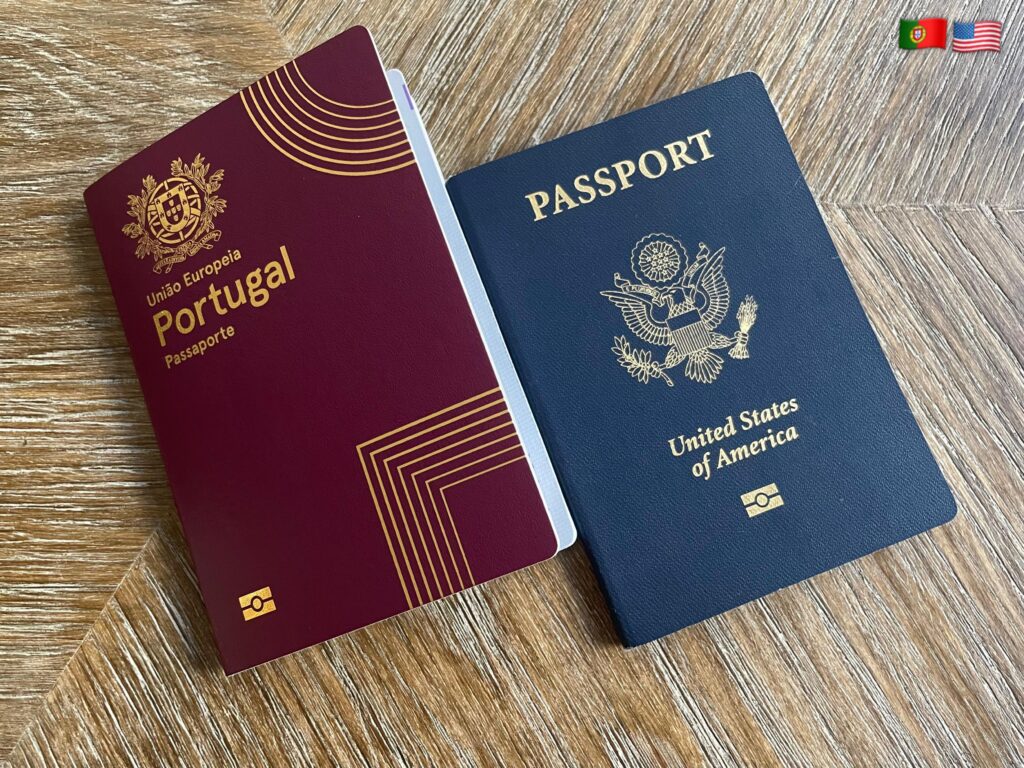
Citizenship by lineage emerges as an enticing avenue when exploring your options for gaining a second passport. Below, we delve into the tangible perks that accompany such citizenship, applicable to nations known for their favourable policies, like Italy, Poland, and the UK.
Dual Citizenship
Dual citizenship represents a significant advantage of obtaining citizenship by descent. It allows you the flexibility to maintain your current nationality while embracing your ancestral roots. For instance, if you’re eligible for Italian citizenship by descent, you can simultaneously hold onto your original passport and enjoy the benefits of being an EU citizen. This dual status allows you to travel, live, and work across the EU, expanding your horizons without relinquishing your national identity.
Right to Work and Live
Gaining citizenship by descent in countries like Poland or the UK significantly eases the path to living and working in these nations. Polish citizenship by descent, for example, grants you the automatic right to work within the country and throughout the EU, offering a vast landscape of employment opportunities without the need for work permits. Similarly, UK citizenship by descent opens up access to the UK’s labour market, healthcare system, and educational facilities, ensuring you have the same rights and privileges as any other UK citizen.
Potential Tax Advantages
Embarking on the journey to acquire second citizenship by lineage might also unearth potential tax benefits. While tax laws vary greatly from country to country, holding citizenship from a nation with an advantageous tax system can lead to significant savings, especially if you’re involved in international business or are considering retiring abroad. Countries like Italy have specific tax regimes designed to attract foreigners by offering them considerable tax incentives. However, it’s crucial to consult with a tax professional to understand fully how your tax situation might improve with new citizenship, ensuring you’re well-informed about Italy, Poland, or the UK’s tax implications for your unique circumstances.
By exploring these benefits, you’re stepping into a realm where your heritage not only reconnects you with your ancestral roots but also opens up a world of opportunities. Whether it’s the freedom of movement, the ease of settling down in a new country, or the financial advantages, citizenship by descent is indeed a pathway worth considering for those eligible.
Most Flexible Countries that Offer Citizenship by Descent

Exploring your ancestry can reveal not just fascinating stories from the past but also unlock doors to new opportunities through citizenship by descent. This unique pathway grants you rights and privileges in the country of your ancestors, from voting to working and living there. Let’s dive into some countries that offer this benefit and what makes each stand out.
Polish Citizenship by Descent
Poland offers citizenship by descent to those who can conclusively prove their Polish lineage. Typically, if one of your parents, grandparents, or even great-grandparents was a Polish citizen, you might be eligible. The process involves detailed documentation, including birth, marriage, and death certificates. Poland’s rich history and membership in the European Union make obtaining Polish citizenship an attractive option for many.
Italian Citizenship by Descent
Also known as Jure Sanguinis, this Italian lineage citizenship program allows you to claim Italian citizenship if you have Italian ancestors. The eligibility criteria extend up to your great-grandparents, but you must prove that the Italian lineage has been maintained without interruption. This means showing that each ancestor retained their Italian citizenship until the birth of the next in line. Italy presents a highly desirable passport with its rich culture, robust economy, and access to the EU.
UK Citizenship by Descent
UK Citizenship by Descent is available to individuals born outside the UK to a British parent. The rules are specific about how citizenship is passed down, generally favoring the father’s lineage in older laws, with recent changes being more inclusive. Having citizenship in the UK opens up extensive opportunities for work and residency, not just in the UK but across Commonwealth countries.
Portuguese Citizenship by Descent
Portugal offers citizenship by descent to those with Portuguese grandparents. What’s notable is Portugal’s tolerant attitude towards dual citizenship, allowing you to retain your current nationality alongside Portuguese. With its scenic landscapes, warm climate, and EU membership, Portuguese citizenship is highly sought after.
Canadian Citizenship by Descent
Canada permits individuals born abroad to Canadian parents to claim citizenship by descent. This generous policy even extends to the first-generation born outside Canada, allowing for a broad range of people to qualify. Canada’s reputation for high living standards, quality education, and welcoming immigration policies makes its citizenship a valuable asset.
Irish Citizenship by Descent
Ireland lineage citizenship extends up to your parent and grandparents. If one of your grandparents was born in Ireland, you could qualify. The inclusive nature of Irish citizenship laws and Ireland’s strong economy and cultural heritage make it an appealing choice for many seeking dual citizenship.
As you ponder over the possibility of acquiring citizenship by descent, remember that each country’s requirements and legal processes vary. Securing professional advice to navigate these waters is highly recommended.
Steps to Obtain Citizenship by Descent

Gaining lineage citizenship can be a valuable process for those wishing to connect with their ancestral roots. If you believe you’re eligible for Italian citizenship by descent, Polish citizenship by descent, or UK citizenship by descent, following a set path will streamline the process. Let’s break down the essential steps.
Research and Gather Documents
The first step on your journey to claim citizenship by descent involves detailed research. Whether you’re applying for Italian, Polish, or UK citizenship by descent, you must familiarize yourself with the specific eligibility criteria of your target country. This might include tracing your ancestry back to a citizen of the country and understanding the legal requirements.
The most critical part of this process is gathering the necessary documentation. You’ll need to compile various pieces of evidence, like birth certificates, marriage records, and passports of your ancestors, to prove your lineage. Proper documentation serves as the backbone of your application, so ensure it’s thorough.
Submit Application
Once you have gathered all the necessary documents, the next step is to submit your application to the relevant authorities. This typically involves filling out specific application forms and attaching evidence of your lineage. Ensure that the application is complete and the information presented is both accurate and verifiable. Missed details or inaccuracies can lead to delays or outright denial of your application. For applications related to Italian citizenship by descent, Polish citizenship by descent, or UK citizenship by descent, it’s crucial to follow the guidelines provided by the respective country’s immigration authority.
Attend Interviews and Provide Additional Information
In some cases, you might be required to attend interviews or examinations. These serve to assess your eligibility for citizenship through descent further. Prepare for these by studying relevant historical, cultural, and legal information. Additionally, the authorities might request additional information or documentation during the application process. Prompt and accurate compliance with these requests is crucial.
Staying informed and prepared every step of the way helps navigate the complex terrain of obtaining citizenship by descent. Whether you’re pursuing Italian, Polish, or UK citizenship by descent, each stage requires careful attention to detail and adherence to the respective country’s guidelines.
Conclusion
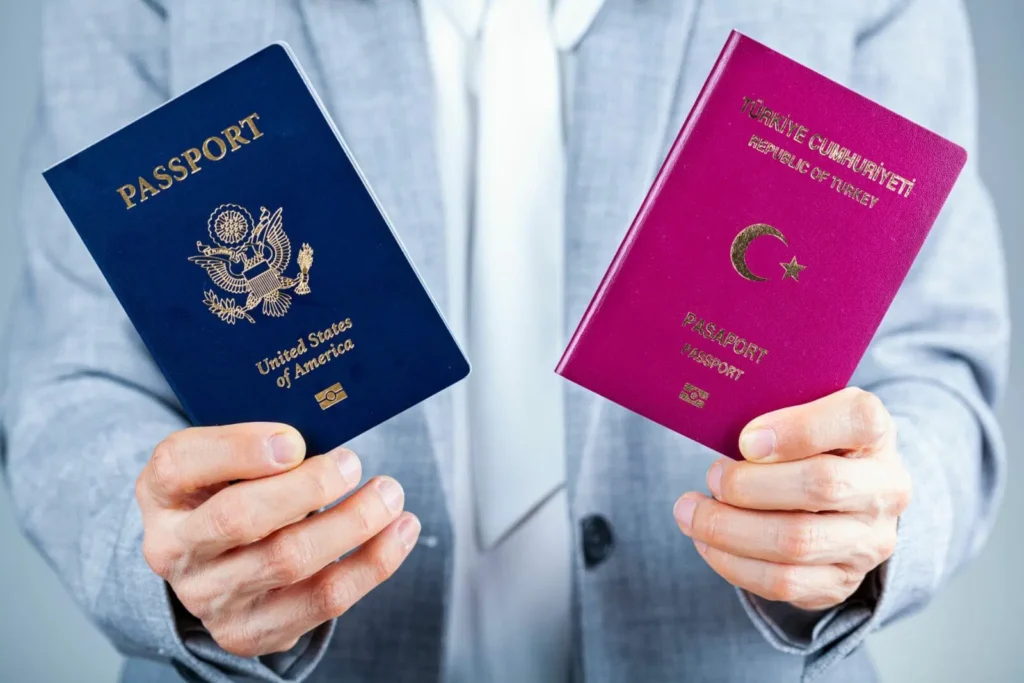
Unlocking your heritage through lineage citizenship opens opportunities, from living and working rights in another country to enjoying potential tax benefits. Each nation, be it Italy, Poland, the UK, Portugal, Canada, or Ireland, has its unique set of rules and documentation requirements. You must be well-informed and prepared for the journey ahead. Partnering with experts like Dan Merriam and the Offshore Freedom team can significantly streamline this process. They’re equipped to evaluate your eligibility, assist with the necessary paperwork, and guide you every step of the way. Don’t let the complexity of legal processes deter you from claiming what’s rightfully yours. Reach out to the professionals, start your application, and embrace the dual identity and benefits of citizenship by descent. Your heritage is a gateway to new beginnings—embrace it with confidence and the right support.
Frequently Asked Questions (FAQ)
1. What exactly is citizenship by descent, and how does it differ from other forms of citizenship?
Citizenship by descent, or “jus sanguinis,” allows individuals to claim citizenship of a country if their parents, grandparents, or sometimes great-grandparents were citizens of that nation. Unlike citizenship by birth (“jus soli”), which is based on the place of birth, citizenship by descent is rooted in your ancestry, offering a way to reconnect with your heritage and gain additional rights in another country.
2. Can anyone claim citizenship by descent?
Eligibility varies significantly by country. Typically, you must prove an unbroken line of descent from an ancestor who was a citizen, and often that they did not renounce their citizenship before the birth of the next in line. Documentation like birth, marriage, and death certificates is crucial. It’s important to research your target country’s specific criteria and legal requirements.
3. What are the benefits of obtaining citizenship by descent?
Obtaining citizenship by descent can provide numerous benefits, including the right to live, work, and study in the country, access to healthcare and educational systems, visa-free travel to various destinations, and the possibility of passing multiple citizenships to your children. It also offers a profound way to connect with your heritage and culture.
4. How long does the process of claiming citizenship by descent take?
The duration can vary widely depending on the country and the complexity of your case. It may range from several months to a few years. Gathering the necessary documentation and navigating legal processes can be time-consuming, so patience and thorough preparation are key.
5. Are there any countries particularly known for offering citizenship by descent?
Yes, several countries are popular for their citizenship by descent programs, including Italy, Poland, the UK, Portugal, Ireland, and Canada. Each has its own rules and benefits, from easy access to the European Union to the rights to live and work in economically stable and culturally rich countries.
6. What are the first steps I should take if I’m interested in claiming citizenship by descent?
Begin by researching your family history to confirm your eligibility and understand the specific requirements of the country you’re interested in. Then, start gathering the necessary documentation, such as birth, marriage, and death certificates. It’s often advisable to consult with legal experts or professionals specializing in citizenship matters to navigate the process efficiently and effectively.
Learn More
Offshore Freedom™ is a boutique coaching and consulting firm that helps investors and entrepreneurs live and invest internationally. We help our clients grow their businesses, pay less taxes, buy more real estate, and take advantage of global residency and citizenship by investment programs worldwide.
Schedule a 1 on 1 consultation with Dan Merriam, and let us help you design the life of your dreams and live the Offshore Freedom™ lifestyle. Ask questions and get answers about international real estate, tax planning, offshore banking, second residencies, citizenship by investment, lifestyle design and more.
This article is for informational purposes only; it should not be considered financial, tax planning, investment or legal advice. Consult a certified financial or investment professional in your jurisdiction of interest before making any major financial or investment decisions.
Writer in Tax Reduction, International Tax Planning, Travel, Citizenship by Investment, Second Residence, Citizenship by Marriage, Citizenship by Decent, Portugal Citizenship by Decent, Italian Citizenship by Descent, Real Estate Investing, Asset Management, Lifestyle Planning, Countries with the Lowest Taxes, Company Formation, Offshore Banking, Asset Protection, Technology, Entrepreneurship

